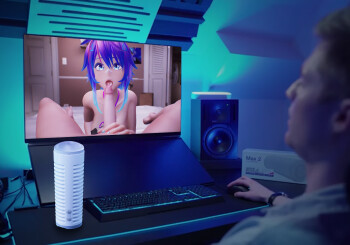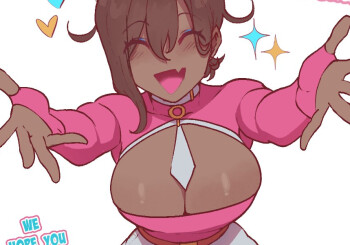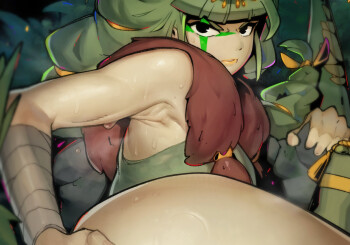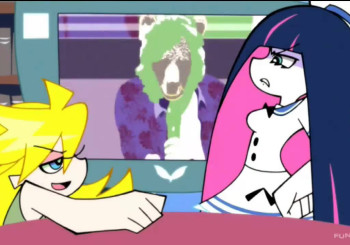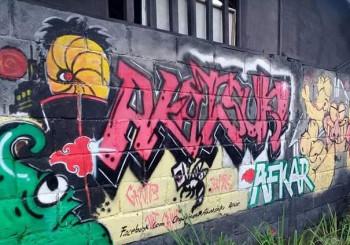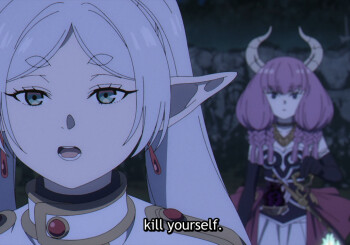
It’s years ago, I’m sitting in class waiting for the freedom bell to ring and release me. I look over next to me and see a classmate, perhaps of the female variety, humming a tune. I tip my fedora with the utmost grace and precision, as was customary for the time, and ask “Excuse me, a fellow fan of Hatsune Miku I see?”. “Oh my god you know Miku too? Wait, you’re like the coolest!” Okay so some details may have been altered in that story but in my late middle school to early high school experience Miku held significant power over the nerd crowd. Vocaloid was going nut in the anime community and everybody knew the staple bangers like Rolling Girl, World Is Mine, Ura-Omote Lovers, and more. Some of the REAL lame kids (ya boi included of course) even knew of the bangers by other less popular ones like Megurine Luka, Rin and Len, Kasane Teto, and GUMI among others. And you know what I’m glad I did because Mechanical Burst and Just Be Friends are Vocaloid classics too, I’ll say it damn it. These songs, the Vocaloids that “sang” them, the creators who made them sing, and the cover artists who covered Vocaloid songs were all springing wild with popularity during roughly 2007-2014. These days though I don’t know any friends who regularly check in with Vocaloid music and I don’t keep up with the genre either.
You better believe young me loved THE EDGE! But I can't lie, older me likes it too...
Ladies and gentlemen, please turn your attention to the graph below. As you can see, it appears that 2012-2013 was the peak of Vocaloid interest worldwide at least according to the data from Google Trends. Overall the data’s timeline matches pretty closely with my own personal experience with the genre. I won't spam you with graphs but the term Hatsune Miku follows roughly the same pattern. By 2015ish the trend is on a steep decline that it never recovers from. The YouTube scene especially seems to have fizzled out in terms of creators and cover artists dedicated to Vocaloid related content. It’s unclear why Vocaloid started heading downhill but some educated guesses can be made. A common criticism was that Vocaloids take the emotion out of the singer’s performance compared to real humans. While a taste for the weird robotic vocals was developed by some fans, a good portion grew tired of it and peaced out. Another possibility could be the lack of artist credit in the scene. As we know Miku is a tool. People still have to create the song and her vocals for the track. Yet when I think of those songs, Rolling Girl, Just Be Friends, what have you, I think of “oh that song by Miku? Oh that song by Luka?” and I think many are the same way. It may not have been very profitable for producers, especially unknown ones, to spend their time creating tracks as the casual audience would associate the music with the character icon and not them. Nowadays I think the main element preventing a resurgence of Vocaloid content is the rise of Vtubers. While Hatsune Miku is somewhat limited to being a symbol, Vtubers are entire personalities. Many Vtubers make music and attract diehard fans similar to Miku. For example, every Calliope Mori song or feature has over a million views on Youtube, sometimes into the multiple millions and she’s one of the latest additions to the industry. However, Vtubers can also play games, host live streams of various content, interact with said fans, and have no “robotic voice” barrier to entry while preserving the character aspect of Miku. Of course this is all merely my speculation.
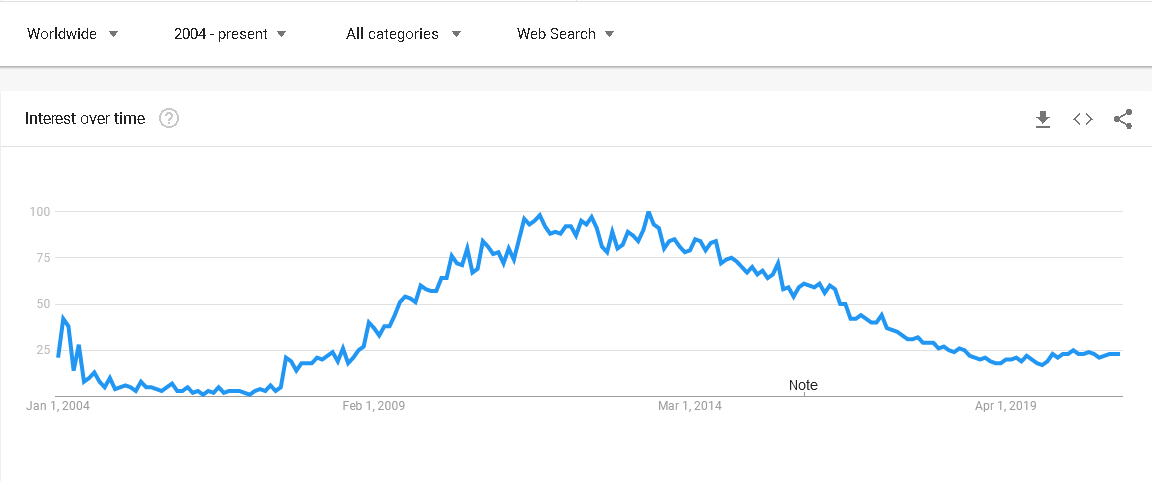
For the true fans, fear not. There is no certain death for a concept like Vocaloid that touched so many hearts during its peak. While worldwide interest in the genre appears to have declined, Japan still has enough of a core audience to produce Hatsune Miku: Project Diva games that had its latest installment less than a year ago on May 15th, 2020. Also, while the YouTube hype has died out, the diehard creators and fans are still showing up to push the Vocaloid concept as far as it can go. Take kyaami for instance, a Vocaloid channel whose first video is listed as 10 years ago. A decade has passed, but they are still creating Vocaloid content to this day. A song from 5 months ago using Rin has garnished almost 300k views, not bad for 2020. Another song using a fresh Vocaloid from 2020, Saki, was uploaded a month ago and while it didn’t attract the same level of popularity, I think it stands as an eye-opening achievement of how far the technology has come over the years. As one of the comments put it, “holy shit I literally thought this was a real person singing”.
That’s about all I have time for today. While Vocaloid may be relegated to a much smaller audience than the good ole days, it’s clear that some reliable troopers both in Japan and outside of it are doing their best to keep it going. What do you think led to the supposed worldwide decline of interest in Vocaloid? What does the future look like for Vocaloid content? Roll into the comments below and let me know!



